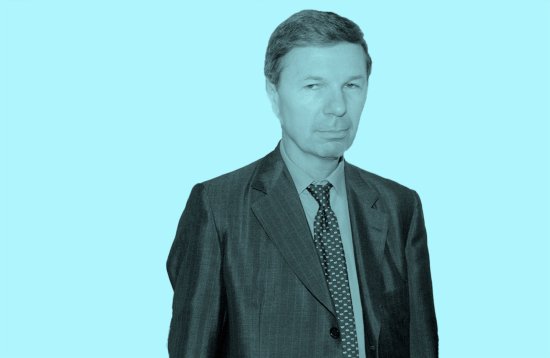
War has actually become less and less of a taboo
About 700 years ago, Dante imagined that a world government would be the best way to stop the devastating wars between the princes of Italy and bring world peace. More recently Albert Einstein, in the wake of the bombings at Hiroshima and Nagasaki, advocated for a world government that would resolve conflicts between nations by judicial decision and would have a monopoly on offensive weapons. And indeed the technological progress of humanity, which has not been matched by its moral progress, makes the admonition of Einstein relevant.
In the immediate aftermath of World War II, the creation of the U.N. and the European project were the most imaginative attempts to banish war without trying for the utopia—or perhaps dystopia—of world government: They aimed at reconciling the welcome diversity of states with the need for a robust transnational system of laws that regulates their relations.
[time-brightcove not-tgx=”true”]
Today, both are in crisis: The U.N. has proven incapable of reforming its security council, and the European project, whose example and appeal helped stabilize western Europe, is unable to transform its environment and deal effectively with issues including a Middle East in turmoil and a nationalist Russia.
War has actually become less and less of a taboo, as the normative framework spawned by the U.N. unravels, and the neat separation between war and peace fades. Drone strikes and bombing campaigns are indeed real war for those who are on the receiving end, but they barely register for the people of the countries that conduct them. The “little green men” who took over Crimea are a far cry from more traditional invasions, but the result is the same! And the terrorists who the U.S. detains but doesn’t try are often not called “prisoners of war.”
As violence spreads, world peace looks ever more elusive—not only because there are more conflicts, but also because regulating relations between states is insufficient when the very definition of war is contested, and when non-state actors play an increasing role. A world in which states, including nuclear states, are loosing control while their relations are not regulated is a dangerous world.
And although more and more issues that can be sources of conflict—from climate change to economic imbalances—require collective responses, they generate more insularity and retrenchment. Grand designs to achieve world peace look definitively quaint. All the more reason to take the longer road to peace, one conflict at a time.
Jean-Marie Guéhenno is the president and CEO of the International Crisis Group and former head of UN Peacekeeping. He is the author of The Fog of Peace, a Memoir of International Peacekeeping in the 21st Century.
